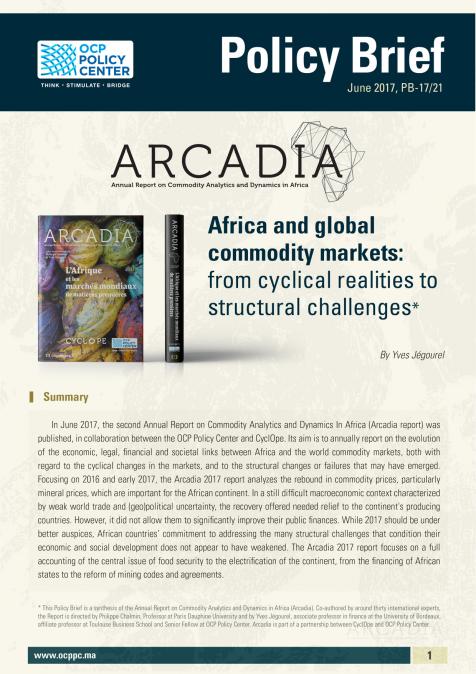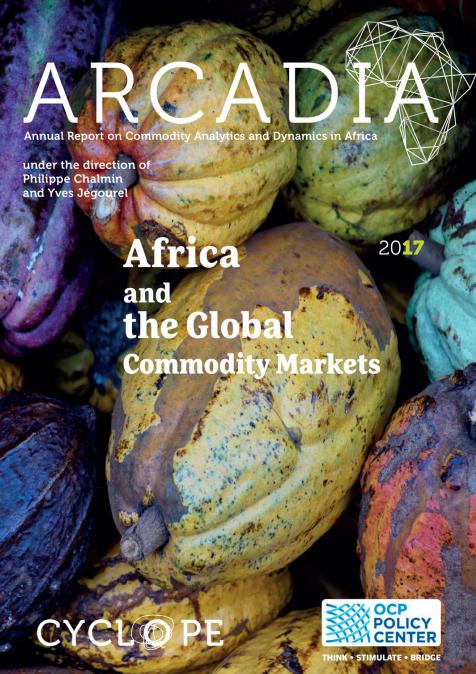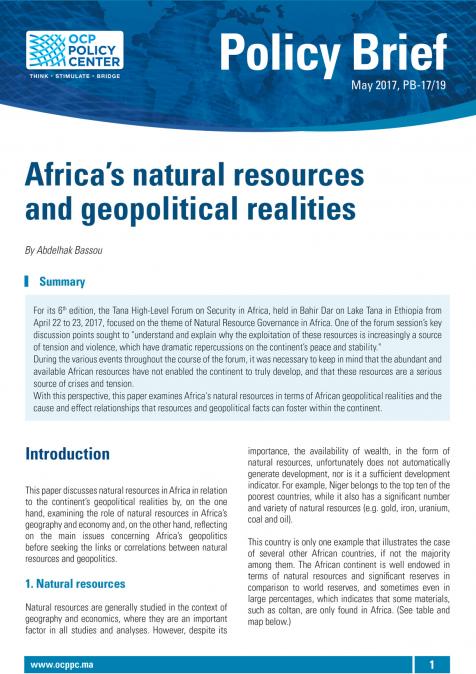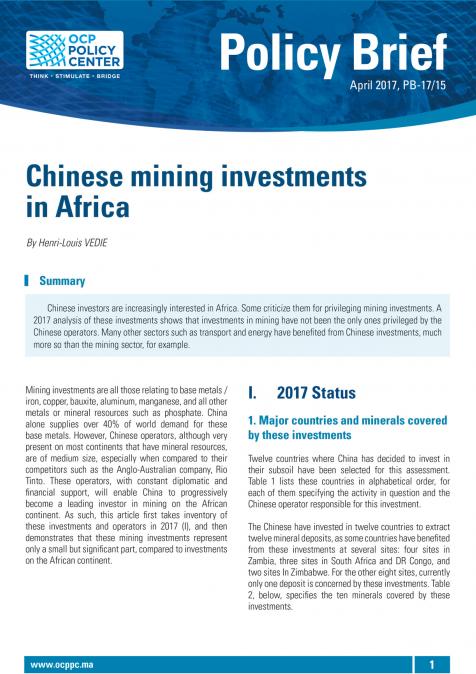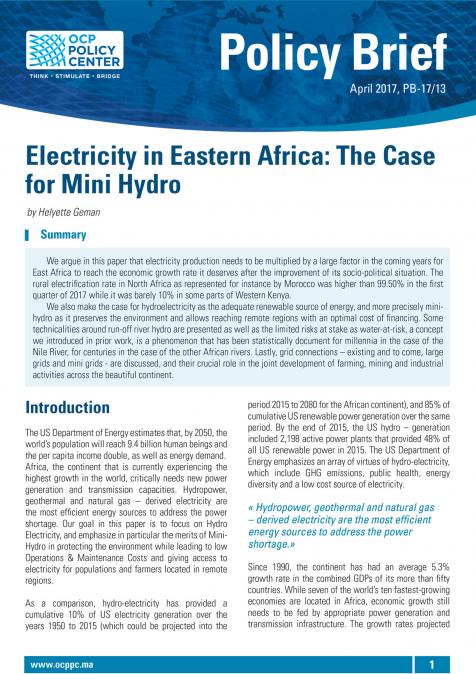Publications /
Policy Paper
This paper was originally published on iai.it
Europe’s natural gas system experienced unprecedented stress following Russia’s invasion of Ukraine. Since the outbreak of the war, the European Union has strived to secure alternative supplies, fill its gas storage facilities and reduce consumption. Success on these fronts was enabled by fundamental market changes that the bloc unlocked during a long period of low gas prices over the past two decades, in addition to emergency and diplomatic initiatives launched by the European Commission to seek alternative energy supplies. North Africa stood out as a key partner to secure additional volumes, owing to its geographic proximity, existing pipeline interconnections and natural resources. In this regard, the energy crisis has served as a catalyst to re-launch EU–North Africa cooperation, with natural gas – recognised as a transition fuel – set to play an important role well into the future. More needs to be done in the region in terms of efficiency, declining domestic demand and improved green energy resources, however, if the full potential of this opportunity is to be achieved. A revived EU–North Africa relationship, based on genuine and equal footing, could help resolve future energy predicaments, while generating growth, high-value jobs and spurring innovation.



